Question And Answer
Publications
Articles, publications, books, tools and multimedia features from the U.S. Institute of Peace provide the latest news, analysis, research findings, practitioner guides and reports, all related to the conflict zones and issues that are at the center of the Institute’s work to prevent and reduce violent conflict.
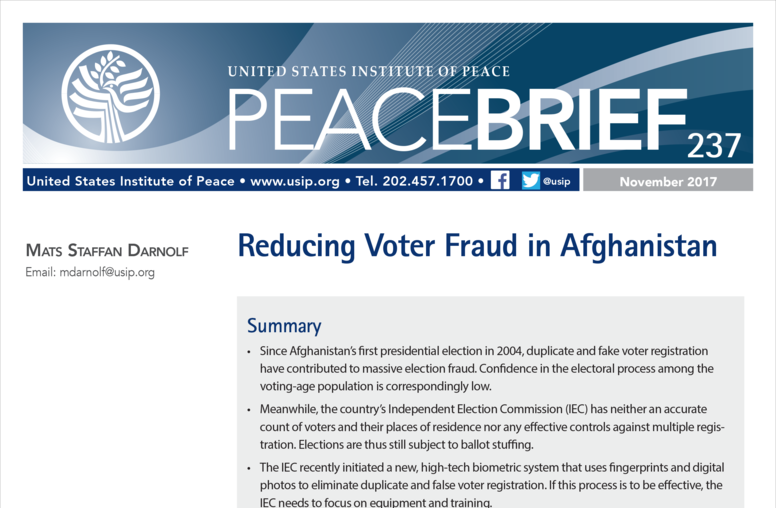
Reducing Voter Fraud in Afghanistan
Since Afghanistan’s first presidential election in 2004, massive election fraud and malpractices have been the rule. Confidence in the electoral process among the population is correspondingly low. As this Peace Brief explains, a new biometric voter registration system has...

Scott Worden on the Taliban in Afghanistan
Following the horrendous bombing outside a Kabul voter registration center, Scott Worden shares his sobering analysis and commentary about the continuing war in Afghanistan where he says most agree that a military victory is unlikely. The conflicts grinding stalemate, Fall 2018 elections and presidential elections due a year from now concern Worden especially with today’s Taliban announcement of a new fighting season and rejection of President Ghani’s peace offering.
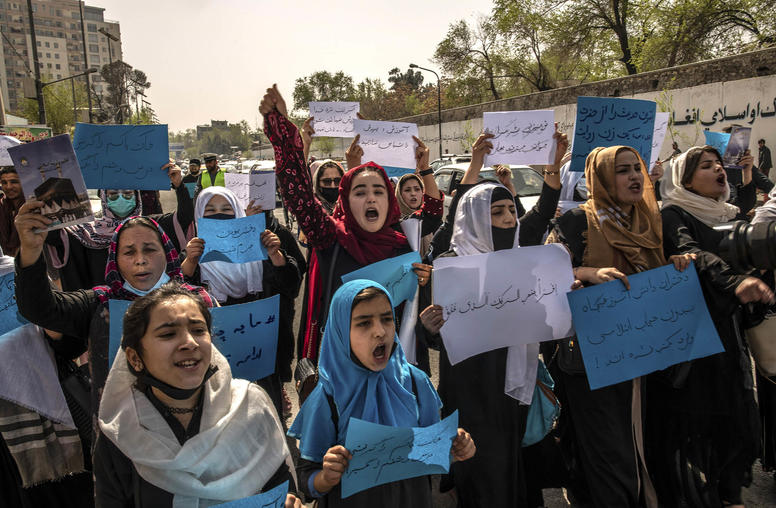
The Taliban Continue to Tighten Their Grip on Afghan Women and Girls
Since the Taliban’s August 2021 takeover of Afghanistan, they have ratcheted up restrictions on women and girls as the group consolidates power. These restrictions include limitations on employment, education, public interactions and other fundamental rights such as access to justice. These restrictions have only tightened over time with increasingly draconian enforcement — the latest being public floggings that harken back to the Taliban’s 1990s rule. Amid the U.N.’s 16 Days of Activism against Gender-Based Violence, USIP has compiled a comprehensive archive of Taliban decrees and public statements on the treatment of women and girls. While leaders and activists around the globe strategize and develop plans to address gender-based violence in their respective countries, Afghanistan stands out as a worst-case example, with two decades of hard-won progress rapidly unwinding.

The Challenges Facing Afghans with Disabilities
In Afghanistan, obtaining accurate data on the number of persons with disabilities — including gender-disaggregated information — has always been a challenging endeavor. But based on the data we do have, it’s clear that more than four decades of violent conflict have left a considerable portion of the Afghan population grappling with various forms of disabilities, both war-related and otherwise. And the pervasive lack of protective mechanisms, social awareness and empathy surrounding disability continue to pose formidable challenges for individuals with disabilities, with women being disproportionately affected.
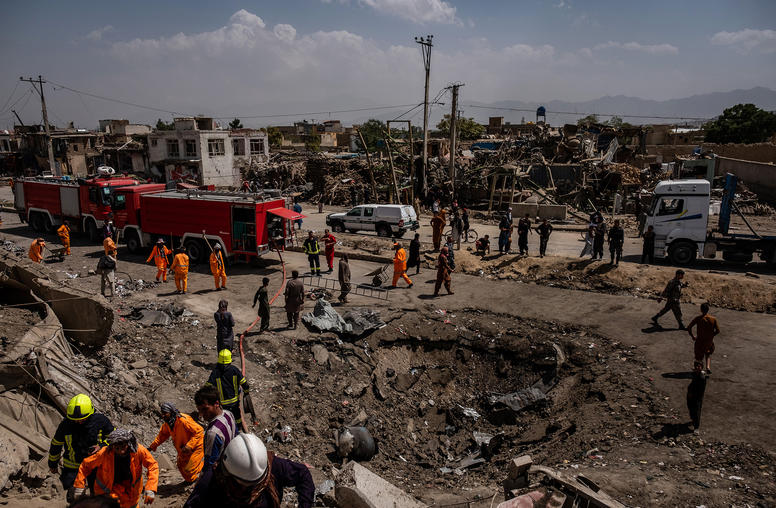
Intolerance of Atrocity Crimes in Ukraine Should Apply to Afghanistan
Russia’s war of aggression against Ukraine has caused massive loss of life and destruction of property, forcing millions to seek refuge in neighboring countries. There is mounting evidence that the Russian military has committed war crimes and crimes against humanity, intentionally attacking Ukrainian civilians. The urgent attention that Western countries have given to Russian war crimes and other atrocities in Ukraine has the potential to provide some accountability for gross violations of human rights as well as to shore up a faltering framework of international human rights law.
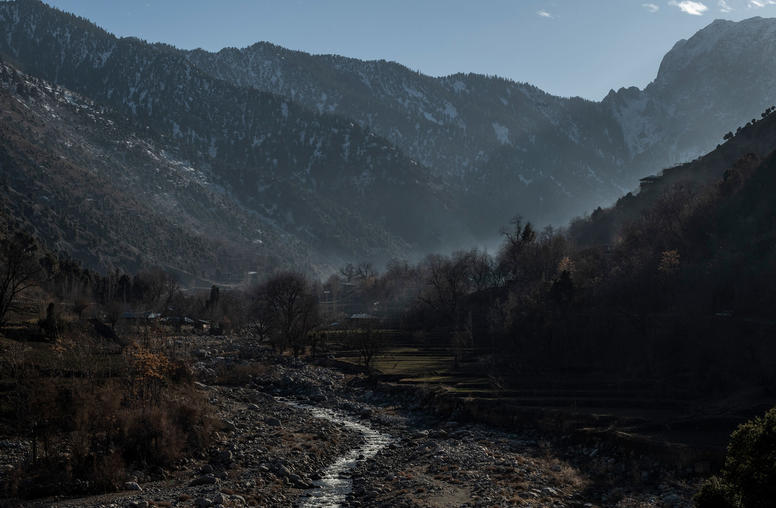
Pakistan’s Twin Taliban Problem
Pakistan and the Afghan Taliban are teetering on the brink of a major crisis. Since coming into power, the Taliban has defied Pakistan — its main state benefactor during the insurgency against the United States military and the deposed Afghan government. It has done so by challenging the status of the Afghan-Pakistan border and providing a haven to the anti-Pakistan insurgent group the Tehreek-e-Taliban Pakistan (TTP), also known as the Pakistani Taliban, which has killed thousands of Pakistanis and seeks to establish a Taliban-style, Shariah-compliant state in Pakistan. This has stunned Islamabad, which was operating on the assumption that the Taliban would be beholden to Pakistan out of gratitude for years of support.
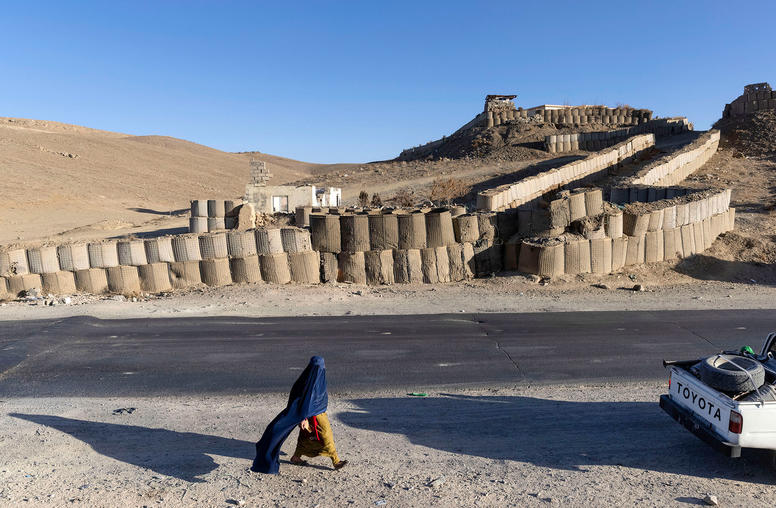
How the Taliban’s Hijab Decree Defies Islam
The Taliban continued this week to roll back Afghan women’s rights by decreeing women must be fully covered from head to toe — including their faces — to appear in public. This follows decrees limiting women’s ability to work, women’s and girls’ access to education and even limiting their freedom of movement. Afghan women are rapidly facing the worst-case scenario many feared when the Taliban took over last summer. While the Taliban justify these moves as in accordance with Islam, they are, in fact, contradicting Islamic tradition and Afghan culture as the group looks to resurrect the full control they had over women and girls when they ruled in the 1990s.
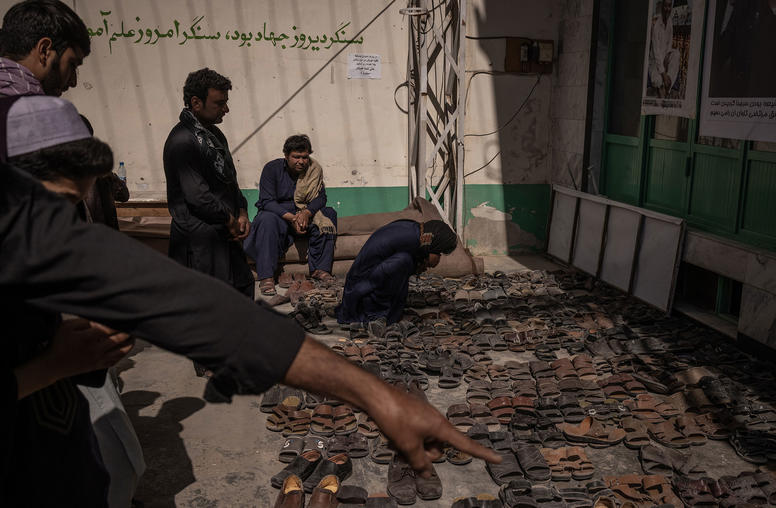
Four Ways the U.S. Can Help Prevent Mass Atrocities in Afghanistan
Following the Taliban’s August 2021 takeover, the risk of mass atrocities in Afghanistan has risen considerably, with multiple groups facing imminent threats of violence.
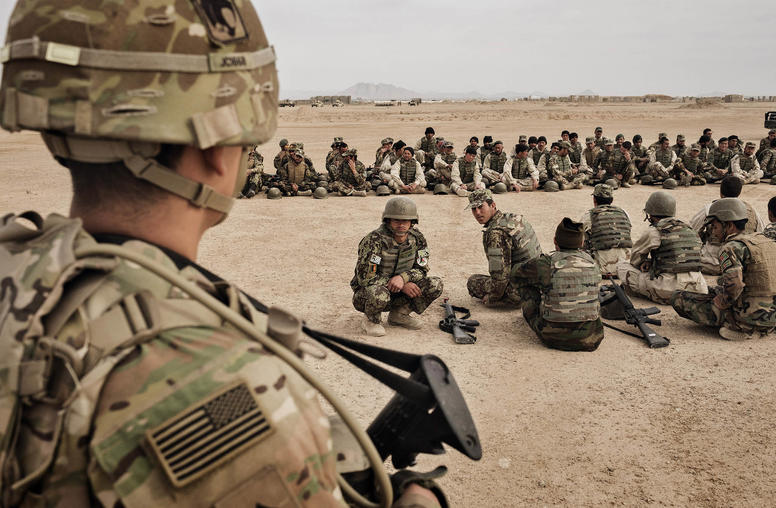
Why Have the Wars in Afghanistan and Ukraine Played Out So Differently?
The Taliban insurgency and U.S. troop withdrawal, and Russian incursions culminating in the February 24 invasion, constituted existential “stress tests” for Afghanistan and Ukraine, respectively. Ukraine and its international supporters have succeeded in preventing an outright Russian victory, imposing severe and continuing costs on Russia — ranging from high casualties to financial sanctions. Whatever happens next, the invasion has solidified Ukraine’s national will, status and orientation as an independent, Western-oriented sovereign country. In sharp contrast, Afghanistan’s government and security forces collapsed within a month after U.S. troops left the country, its president and many others fled, and the Taliban rapidly took over.
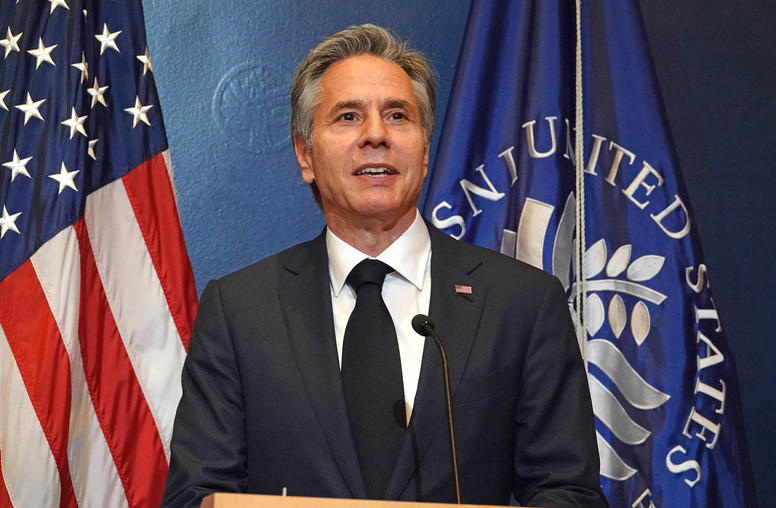
A New Platform for Afghan Women and Civil Society
When the Taliban returned to power last August, many wondered if the previous two decades of progress and change in Afghanistan would temper the group’s previously draconian policies. But despite some initial rhetoric that hinted in the direction of reform, the Taliban have recommitted — rather than reconsidered — their repressive approach to governance. Over the last 11 months, the group has instituted massive rollbacks for women’s rights, as well as pushed marginalized groups further to the periphery in a country mired in economic and humanitarian crises.